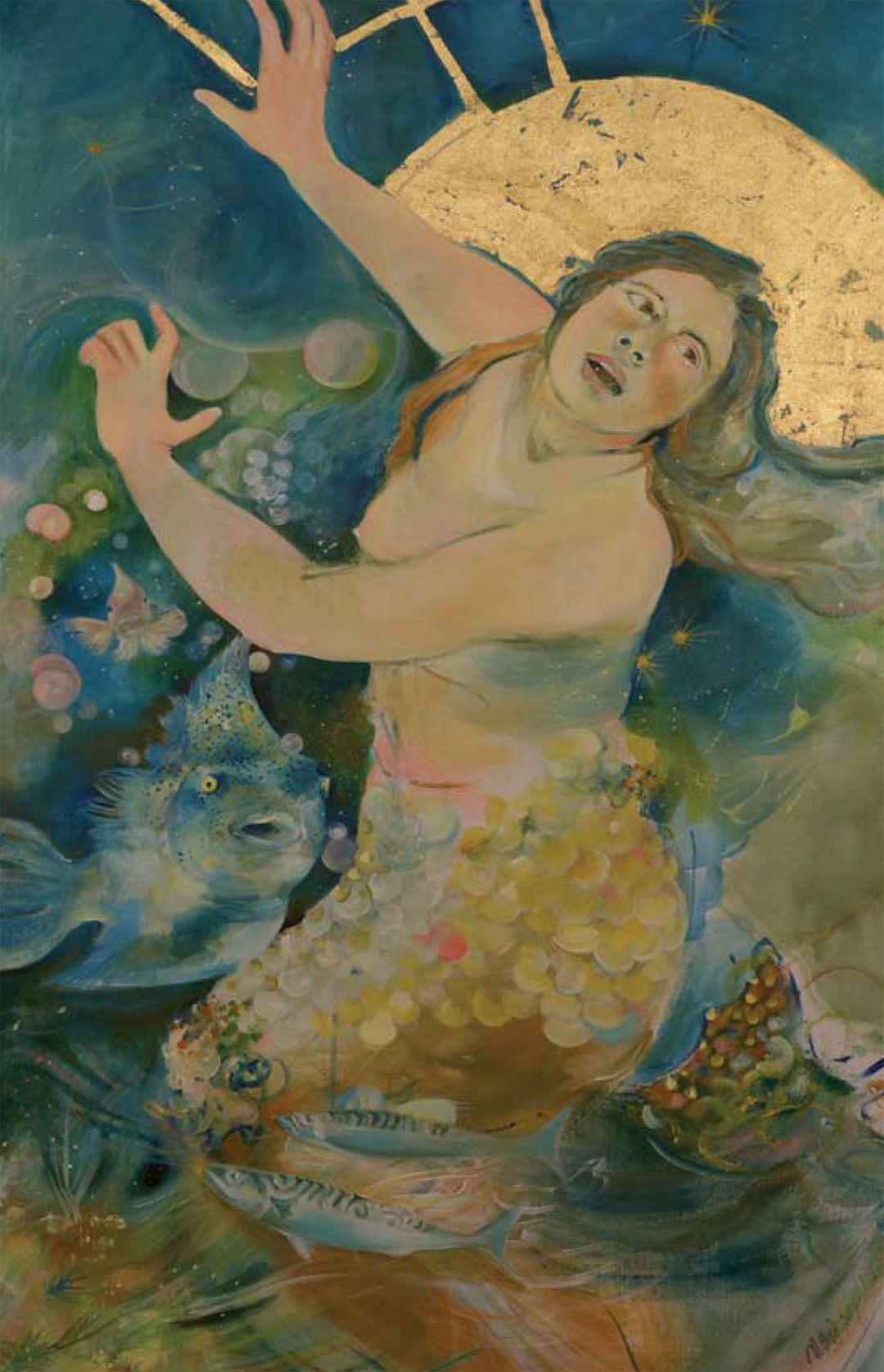Study

by Jón Örn Loðmfjörð (Lommi)
I.
In my study beside to a small table and tattered couch,
a bookshelf jerrybuilt from wooden planks
and big flathead screws that stuck a full four centimeters
out of the wood.
The shelf was crammed with math books, biology books,
textbooks of all types and for a long time,
every volume of The General Practitioner,
that is, until my six-year-old sister decided to start hiding them
under her bed, self-diagnosing when she couldn’t sleep,
and then announcing to mom the next day that she had
a combo of pyloric stenosis, subcutaneous edema, hysteria, and gastritis.
II.
I bored quickly of staring at the shelf and so started
to clamber through the books to get to know them
better. On one such expedition, I found two things I’d
never seen before: a crystal bowl and a book of poetry. If I stared
at the crystal bowl, I could see some sort of reflection, but it was too
distorted and blurry to do me any good. The poetry
had nothing to do with science and didn’t seem like it’d
be useful for diagnosing diseases.
If my dad’d walked in while I was probing the poetry book,
I’d’ve asked him about the Boer Wars and other minor armed conflicts.
Then he would’ve gotten out a volume of his German encyclopedia,
flipped hastily through, muttering over the German text, sighing
and yawning and then asking if I had some math homework I should be doing —
giving me time to hide the book.
Translated by Larissa Kyzer.
Tools

by Jón Örn Loðmfjörð (Lommi)
In elementary school, I learned
that man is the only
animal
that has sex for pleasure
and the only one that
uses tools
(though not necessarily during sex).
The way I understand it today, all animals
screw just for the fuck of it,
but man is the only one that uses
tools to produce other
tools.
Entire generations before me
deliberated over how tools produce
class divisions.
But what I’m more interested in knowing is
how tools change the way we think.
Many people find techno monotonous.
DJs fill out spreadsheets,
dragging and dropping sounds into cells
that are plotted down to the last
millisecond.
Do they start thinking like
their tools? What part do their tools
really play in their creations?
Translated by Larissa Kyzer.
Victory

by Gerður Kristný
Sigur
Victory
The pines pierce
like spears
the water blue sky
Silently, the forest
fortifies its defenses
Yet
the white reindeer
slips through
on its way
to sky blue lake
Translated by Meg Matich.
Reykjavik

by Gerður Kristný
Reykjavík
Reykjavík
Heavy snow
on the branches
arches them
toward the pavement
a creature that bends
its many heads
down to the watering hole
When the snow
melts
it twists
its long neck
toward the sky
peers into the night
out of blind eyes
listening for predators
Translated by Meg Matich.


